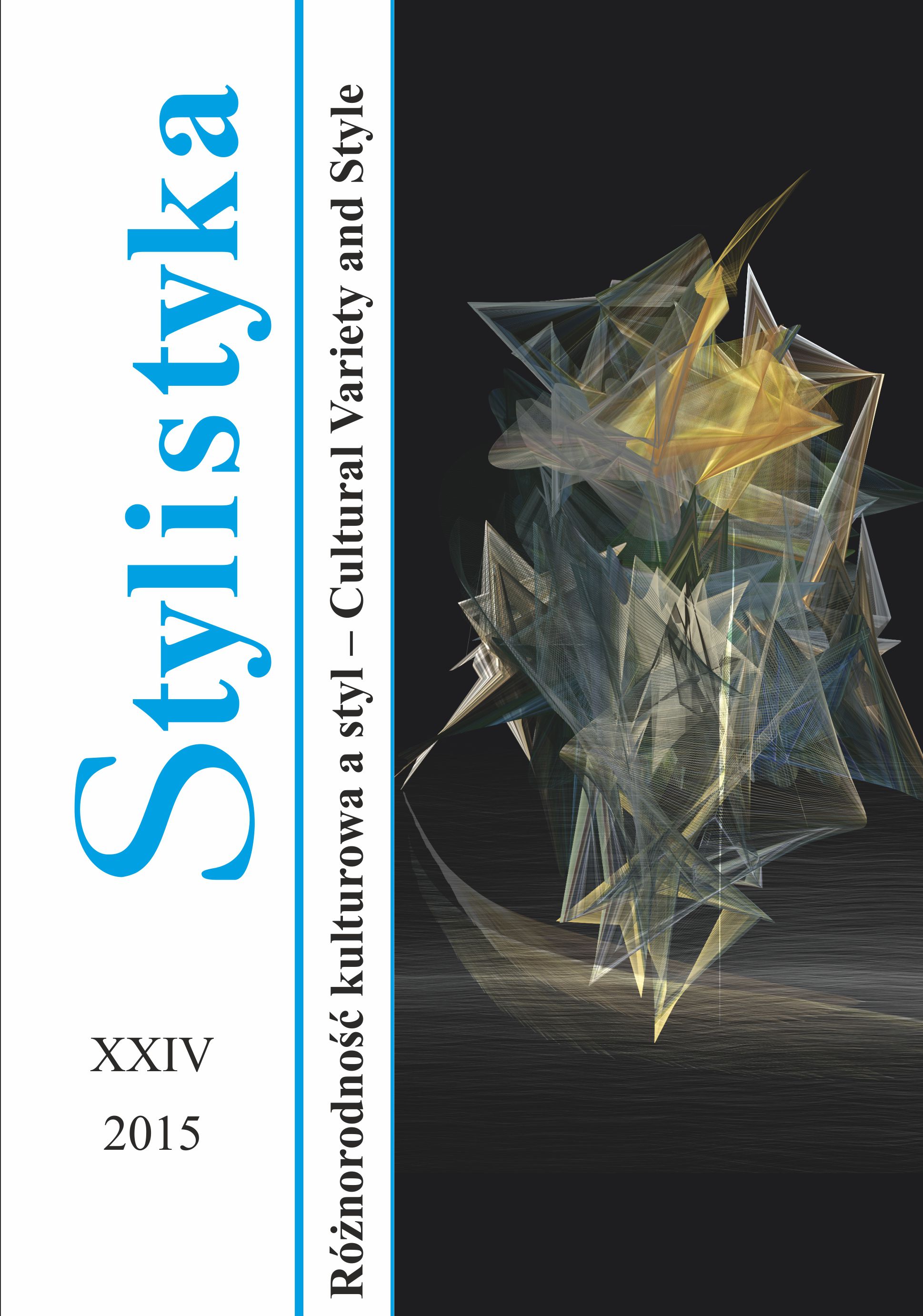WIZJA AFRYKAŃSKIEGO CZASU W REPORTAŻACH RYSZARDA KAPUŚCIŃSKIEGO
A conception of the African time in the literary reportages by Ryszard Kapuściński
Author(s): Beata KuryłowiczSubject(s): Language and Literature Studies, Studies of Literature
Published by: Uniwersytet Opolski
Keywords: Ryszard Kapuściński; reportage; Africa; time; the means of artistic expression
Summary/Abstract: Time is one of the main categories that affect human life. Various communities, nations or tribes perceive and understand time in a different way. In every case understanding of time determines the character of a particular culture. The purpose of this article is an attempt to show the concept of time as a part of the African reality revealed in the literary reportages by R. Kapuściński. The author of “Ebony”, through linguistic and stylistic material, creates a conception of time characteristic of the residents of the Black Continent. Understanding of time is one of the elements of reality in Africa which Kapuoeciñski wanted to convey in the most accurate manner. But he knew that the reproducing of the African world is not possible, therefore, the image of time presented on the pages of “Ebony” was his personal perception of the phenomenon, the artistic creation where an objectively existing fragment of reality was filtered through the imagination of the author, his cognitive, intellectual and psychophysical abilities. Kapuoeciñski, by means of linguistic and stylistic expressions, gave literary form to what he saw, heard and read about the African concept of time. First of all, in descriptions of time, the most prominent feature is the author’s tendency to build opposition. Kapuoeciñski confronts two concepts of time: the African and the European. In this way he emphasizes the differences in understanding of the concept of time in both aforementioned cultures, and, at the same time, he highlights the characteristics of time typical to African culture. The accumulation of stylistic devices, unique use of words, selection of appropriate lexis and emphasizing the connotative value of words serve one purpose – to express difficult to convey aspects of African time. Thus, the individual author’s style contributes to the vision of African time, affects modeling of its meaning and imprints a profound, special influence on the actual image of time which is used as a base for a creative play both with imagination and a matter of language.
Journal: Stylistyka
- Issue Year: 2015
- Issue No: XXIV
- Page Range: 198-209
- Page Count: 12
- Language: Polish

